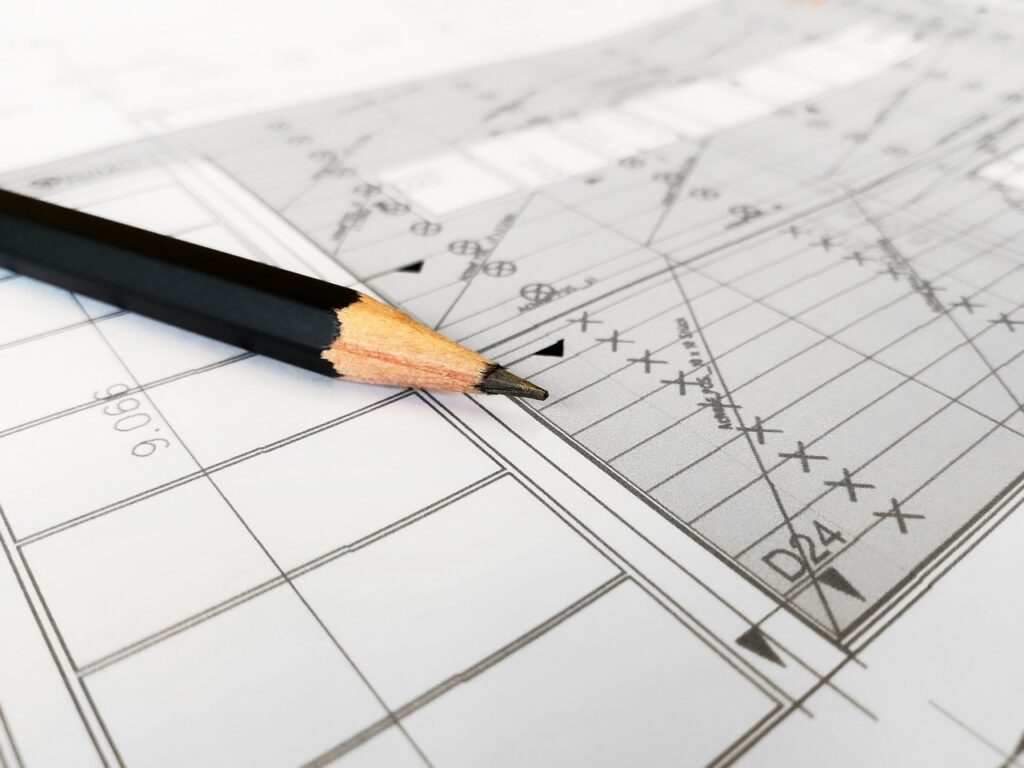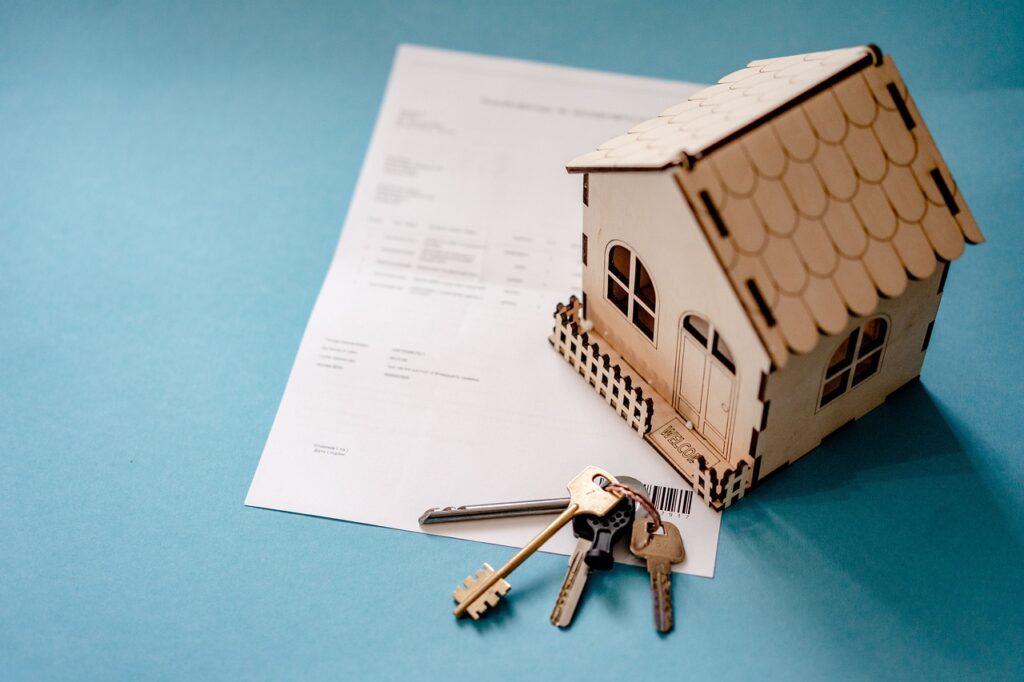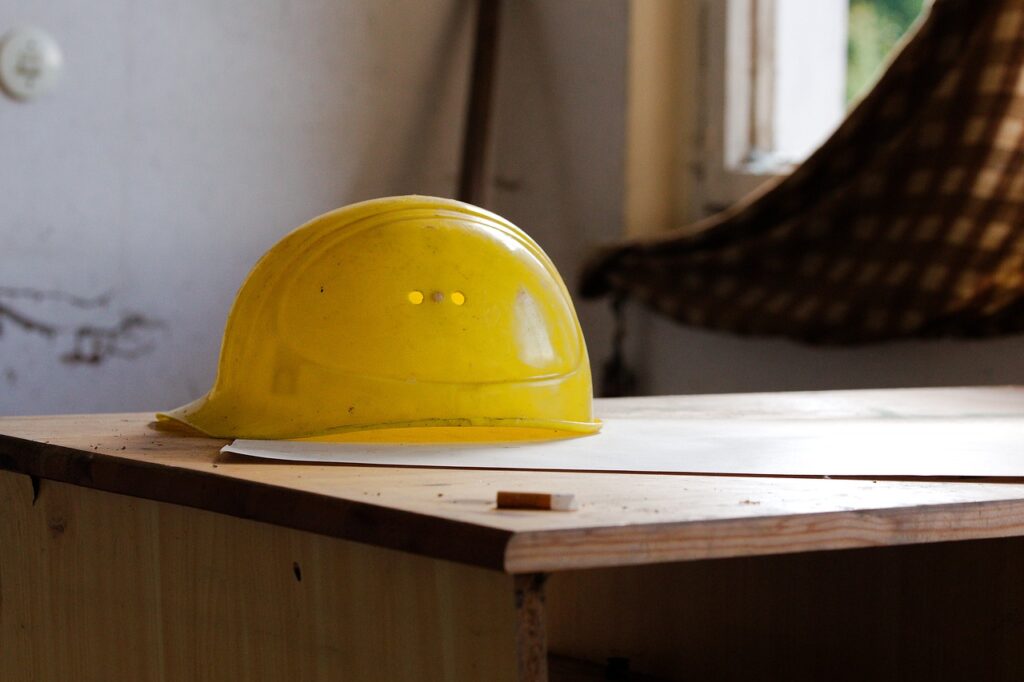Embarking on a construction project is an exciting yet significant investment, whether you’re building a dream home, developing a commercial property, or undertaking major renovations. However, with that investment comes a level of risk. From structural issues to property damage and unexpected on-site accidents, the construction process can be unpredictable. This is why ensuring your project is backed by the right warranties and insurance is absolutely critical.
Having proper warranties guarantees that the materials and workmanship meet the required standards, while comprehensive insurance protects against unforeseen incidents that could otherwise result in financial loss. Without these safeguards, even minor mishaps can turn into costly setbacks. To fully protect your investment and navigate the complexities of construction with peace of mind, it’s essential to understand which warranties and insurance policies are necessary.
In this guide, we’ll dive into the necessary insurances and warranties you need to have in place before starting your project and how they can help protect your investment every step of the way.

Understanding Warranties in Construction
A warranty in construction serves as a crucial safeguard, ensuring that the materials used and the workmanship involved in your project meet a guaranteed level of quality. Essentially, it’s a promise that any defects or issues that arise within a set period will be addressed by the contractor or manufacturer at no additional cost to you. Warranties protect both homeowners and property developers from unexpected financial burdens caused by faulty construction, offering peace of mind during and after the building process.
In construction contracts, warranties are often divided into specific categories to cover different aspects of the project. Whether it’s a structural issue, material defect, or problem with the installation, having the right warranties ensures that your project is built to last.
Types of Construction Warranties
There are two main types of warranties that apply to most construction projects:
- Workmanship Warranty: This type of warranty focuses on the quality of the contractor’s work. It ensures that if any defects arise due to poor workmanship—such as incorrect roof installation, uneven flooring, or faulty plumbing—the contractor will repair or correct the issue at no extra cost. The workmanship warranty is critical for ensuring that your project meets the professional standards outlined in the contract.
- Material or Product Warranty: This warranty covers the materials used in the construction, such as windows, roofing, HVAC systems, or other key components. These warranties are typically provided by the product manufacturers and guarantee that the materials will perform as expected for a certain period. If a material fails due to a manufacturing defect, the material warranty ensures that it will be repaired or replaced by the manufacturer, without the cost falling on the property owner.
Both workmanship and material warranties are essential for ensuring your project not only meets quality standards but also maintains its structural integrity over time. By having these warranties in place, you can be confident that any issues post-construction will be dealt with promptly and efficiently.
Duration and Coverage of Warranties
The duration and coverage of warranties in construction can vary widely depending on the project, the contractor, and the materials used. A workmanship warranty typically covers a shorter period—ranging from one to five years. This time frame is usually enough to catch any major issues related to the craftsmanship, such as improper installations or construction errors.
On the other hand, material warranties often provide much longer coverage, especially for key structural components. For instance, warranties on roofing, windows, or foundation materials can last up to 25 years or more. These longer-term warranties ensure that critical materials maintain their performance and durability well into the future.
It’s vital to thoroughly review the terms of your warranties before signing a construction contract. Make sure that both the workmanship and material warranties offer adequate protection for your project, covering the most important aspects of the build. Keeping all warranty documentation in a safe and accessible place is also crucial, as you may need it to claim repairs or replacements later down the line. Without the proper warranties in place, you could be left responsible for costly repairs that could have otherwise been avoided.
In conclusion, having a solid understanding of the warranties in your construction project is essential for safeguarding your investment. By knowing what’s covered, how long it lasts, and who is responsible for repairs, you’ll have peace of mind knowing that your project is protected from unexpected issues long after the construction is complete.

Essential Insurances for Construction Projects
Ensuring that your construction project is covered by the right insurance is critical to safeguarding it from unforeseen events, accidents, or damages. Construction projects, no matter how carefully planned, involve numerous risks that could lead to financial setbacks if not adequately protected. Whether it’s damage to the property itself, injuries on-site, or theft of materials, having the right construction insurance ensures that both contractors and property owners are protected. Several key types of insurance provide comprehensive coverage during the building process, each designed to address specific risks and liabilities.
Builder’s Risk Insurance
One of the most essential types of coverage for any construction project is builder’s risk insurance. This policy is specifically tailored to protect the structure under construction, as well as any materials and equipment on-site. It provides coverage for damages caused by events such as fire, vandalism, theft, and certain weather-related incidents like storms or floods. The policy typically covers the structure being built and any materials or equipment that are part of the project, whether on-site or in transit.
Builder’s risk insurance is designed to last for the duration of the construction project, from the groundbreaking to the point when the building is completed and ready for use. Once the project is finished, the policy generally expires, and the building may then be covered by a more traditional property insurance policy.
This type of insurance is often purchased by either the property owner or the contractor, depending on the agreement between the two parties. Having builder’s risk insurance in place ensures that any unexpected damages during construction won’t derail the project financially, allowing for a smoother build and fewer interruptions.
General Liability Insurance
Another critical type of insurance in construction is general liability insurance, which covers third-party injuries or property damage that may occur during the construction process. Construction sites can be hazardous environments, and accidents involving non-employees, such as passersby or nearby property owners, can lead to significant legal and financial liabilities.
For example, if debris from your construction site damages a neighboring property, or if a pedestrian is injured by falling materials, general liability insurance will cover the associated costs, such as medical expenses or repair bills. Without this type of coverage, the financial responsibility for such incidents could fall on the contractor or property owner, leading to costly legal disputes and financial strain.
General liability insurance is typically mandatory for contractors, ensuring that both the project owner and contractor are protected from these potential risks. As a property owner, it’s essential to verify that your contractor holds an adequate liability policy before construction begins. This not only protects the contractor but also ensures that your project is safeguarded against unforeseen events that could otherwise lead to delays and increased costs.
Worker’s Compensation Insurance
Construction work is inherently risky, and worker’s compensation insurance is crucial to ensuring that any injuries sustained by employees on-site are properly addressed. This insurance covers medical expenses, rehabilitation costs, and lost wages for workers who are injured while performing their duties on the construction site.
In many regions, worker’s compensation insurance is legally required for contractors, and failing to have this coverage can lead to legal penalties and liabilities. This policy not only protects workers but also shields the property owner from lawsuits that could arise from workplace injuries. If a worker is injured while on the job and the contractor does not have worker’s compensation insurance, the property owner may be held financially responsible for covering medical bills and compensation claims.
Having worker’s compensation insurance in place ensures that if an accident occurs, both the workers and the project are protected. Injuries on a construction site can be disruptive, but knowing that the workers’ needs are covered provides peace of mind, allowing the project to continue without major financial or legal complications.
Builder’s risk insurance, general liability insurance, and worker’s compensation insurance are essential components of any construction project. These policies protect against the numerous risks that come with construction, from property damage and theft to worker injuries and third-party liabilities. Without adequate insurance coverage, a construction project can quickly spiral into financial and legal trouble, but with the right protections in place, both the contractor and the property owner can proceed with confidence, knowing that they are covered from all angles.

Protecting Your Project with Heveatecture’s Expertise
When undertaking a construction project, having the right warranties and insurance in place is essential to safeguard your investment. Working with Heveatecture means more than just quality building—it means comprehensive protection from start to finish. Whether it’s ensuring that materials are backed by reliable warranties or making sure your project has the right insurance coverage, Heveatecture is committed to protecting your interests throughout the entire construction process.
Tailored Protection for Every Build
Every project is unique, and so are the potential risks. Heveatecture ensures that all aspects of the build are covered, from builder’s risk insurance that shields against unexpected damages to workmanship warranties that guarantee the highest standards. With Heveatecture, clients have the assurance that their project is not only built to last but also protected against unforeseen events, allowing for a smoother and more secure construction journey.
Why Warranties and Insurance Are Crucial for Your Investment
When embarking on a construction project, protecting your financial investment is paramount. Both warranties and insurance play critical roles in ensuring that your project remains on track, free from unexpected costs and liabilities. While warranties provide coverage for issues that may arise from poor workmanship or defective materials, insurance safeguards your project against unforeseen incidents such as accidents, damages, or natural disasters. Together, these two protections allow you to move forward with confidence, knowing that your construction efforts won’t be derailed by factors outside of your control.
Avoiding Financial Setbacks
One of the primary reasons why warranties and insurance are essential is that they help you avoid potentially crippling financial setbacks. Even a minor issue during construction can lead to significant costs if the proper coverage isn’t in place. For example, if a contractor installs electrical wiring incorrectly, the resulting repairs and safety risks could be expensive. However, with a workmanship warranty in place, the contractor is responsible for correcting the error at no additional cost to you.
Similarly, if a storm damages your partially completed structure, builder’s risk insurance ensures that the cost of repairs is covered, allowing you to continue with the project without worrying about unexpected financial losses. Without this type of insurance, property owners could find themselves paying out of pocket for damages caused by forces beyond their control.
By securing both warranties and insurance before starting your construction project, you’re essentially creating a financial safety net. This proactive approach allows you to focus on the successful completion of your project, rather than being preoccupied with potential risks and unforeseen costs. These protections also contribute to a smoother workflow, reducing the likelihood of delays caused by accidents or defective materials.
Ensuring Compliance and Peace of Mind
In many regions, certain types of insurance, such as general liability and worker’s compensation, are not just beneficial but legally required. Ensuring that your project complies with these legal requirements is crucial to avoiding penalties or legal action. For instance, if a worker is injured on your construction site and the contractor does not have worker’s compensation insurance, you could be held liable for medical expenses and lost wages. Similarly, general liability insurance is necessary to protect against third-party injuries or property damage that could occur during construction.
By making sure that your project has the proper insurance coverage, you ensure compliance with local regulations while also protecting your financial interests. This approach offers peace of mind knowing that if accidents or damages occur, you’re covered, and the project can continue without major disruptions.
Additionally, thoroughly understanding the warranties and insurance policies you need before starting your project enables you to make informed decisions that protect your investment from start to finish. By taking the time to review contracts, confirm insurance coverage, and establish warranties for both workmanship and materials, you can confidently proceed with your build, knowing you’ve minimized the risks.
Conclusion
Before starting any construction project, securing the right warranties and insurance is essential to protecting your investment. These safeguards not only ensure that any defects in workmanship or materials are covered but also provide protection against unforeseen incidents such as accidents, natural disasters, or damages on-site. With warranties, you have the assurance that any issues post-construction will be addressed by the contractor or supplier. With comprehensive insurance, you’re protected from significant financial setbacks caused by accidents, theft, or weather-related damages.
By investing in both warranties and insurance upfront, you can focus on successfully completing your project without constantly worrying about unexpected costs, delays, or legal liabilities. Whether you’re building a home, developing a commercial property, or undertaking major renovations, these protective measures give you peace of mind and ensure that your project runs smoothly from start to finish.

A warranty guarantees the quality of workmanship or materials, ensuring that any defects or faults are repaired by the contractor or manufacturer at no additional cost. Insurance, on the other hand, protects against unforeseen events like accidents, property damage, or natural disasters that occur during the construction process.
Yes, builder’s risk insurance is crucial. It protects your building, materials, and equipment from risks like fire, theft, and weather-related damage during the construction process. This insurance helps cover any losses or damages to the project until it’s completed.
Workmanship warranties usually last between 1 to 5 years, covering issues that arise due to poor construction practices. Material warranties, which guarantee the quality of the products used, can last much longer—up to 25 years or more, depending on the specific product.
Yes, contractors are typically required to carry general liability insurance. This protects against third-party injuries or property damage that may occur during construction, ensuring that any accidents involving non-workers are covered.
A workmanship warranty covers defects that arise from faulty construction work, such as improper installation or poor craftsmanship. This warranty ensures that the contractor is responsible for correcting any issues related to the quality of work performed.
Yes, without proper worker’s compensation insurance, you could be held financially responsible for injuries sustained by workers on your construction site. This insurance ensures that workers’ medical expenses and lost wages are covered, protecting both the contractor and the property owner from legal claims.
Builder’s risk insurance provides coverage for the structure, materials, and equipment during the construction process. It protects against damages caused by events such as fire, theft, vandalism, and certain weather incidents, ensuring your project stays financially secure during these situations.
Yes, you need both. Builder’s risk insurance covers the physical aspects of the construction project, while general liability insurance protects against third-party injuries or damage caused to others during the construction. Together, they offer comprehensive protection for your project.
If your contractor lacks adequate insurance, you may be held financially responsible for any accidents, damages, or injuries that occur during the project. This could lead to unexpected legal and financial burdens, making it essential to verify that your contractor has proper coverage.
Worker’s compensation insurance is crucial because it covers medical expenses and lost wages for workers injured on the job. This protects both the contractor and the property owner from lawsuits related to workplace injuries, ensuring that any accidents on-site are handled efficiently without legal repercussions.
